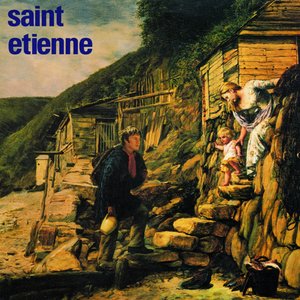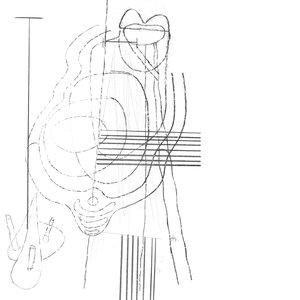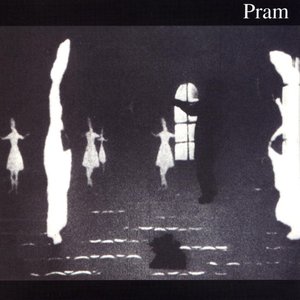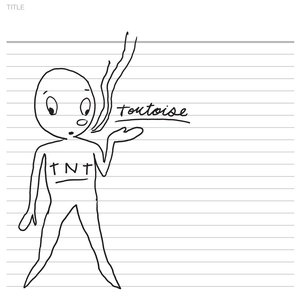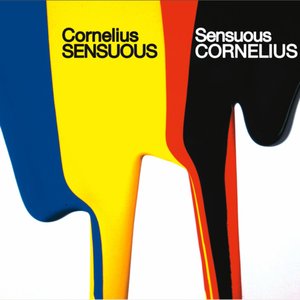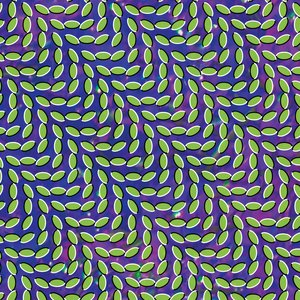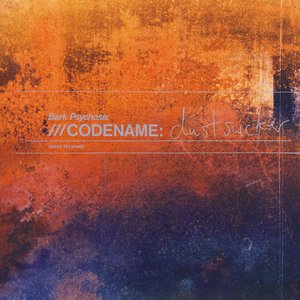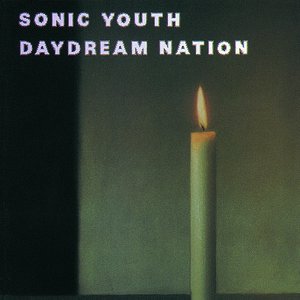Wiki
-
Release Date
8 March 1996
-
Length
13 tracks
Emperor Tomato Ketchup is the fourth studio album by English-French rock band Stereolab. It was released on 18 March 1996 and was issued by Duophonic Records and Elektra Records.
The album is named after the 1971 experimental film Emperor Tomato Ketchup by Japanese author and director Shūji Terayama.
Emperor Tomato Ketchup was released on 18 March 1996 in the United Kingdom by Duophonic Records, and on 9 April 1996 in the United States by Elektra Records. The artwork for the album was inspired by the LP cover sleeve of a 1964 recording of composer Béla Bartók's Concerto for Orchestra by the Bamberg Symphony conducted by Heinrich Hollreiser.
Preceding the album's release, the track "Cybele's Reverie" was issued as a single (on 7" vinyl) and as an EP (on CD and 10" vinyl) on 19 February 1996. A second single, "Metronomic Underground", was released on 2 December 1996. "The Noise of Carpet" was also promoted as a single to radio outlets in the United States.
AllMusic writer Heather Phares cites Emperor Tomato Ketchup as "Stereolab's greatest success to date". In the US, the album was especially successful on college radio, and by August 1997, the album had sold over 46,000 units in the country, according to Nielsen SoundScan.
A remastered and expanded edition of Emperor Tomato Ketchup was released by Duophonic and Warp on 13 September 2019.
Album descriptions on Last.fm are editable by everyone. Feel free to contribute!
All user-contributed text on this page is available under the Creative Commons Attribution-ShareAlike License; additional terms may apply.

